Is your relationship making you feel trapped, powerless, or downright miserable? Signs of an abusive relationship can be challenging to recognize, especially when there’s no physical violence involved.
That’s why it’s essential to know the signs of an unhealthy relationship.
Love is not supposed to be painful. Relationships are not supposed to hurt you, mentally, emotionally, or physically. Sadly, most often even the most loving caring relationships become abusive and we don’t even recognize it.
Although we may be aware of the signs of an abusive relationship, when we are experiencing it we often miss out even on the most obvious signs of abusive behavior.
Are you in an abusive relationship?
If you feel confused, manipulated, lost, and helpless in your relationship, then it’s time for you to stand up and take a closer look at your partner. You just might be in a relationship with an abusive narcissist.
An abuser will always pretend to be the victim and make you feel like you are abusing them instead.
Psychological and emotional abuse can often be worse than physical abuse as it can lead to deep emotional wounds and trauma that can take you a lifetime to overcome.
Read 11 Signs It’s An Emotionally Abusive Relationship
Emotional and psychological can often involve subtle attempts to isolate, control, and even frighten you. You can feel it in their persistent words, behaviors, and actions. Irrespective of how long you’ve been in a relationship with your abuser, no one has the right to abuse you.
It is not your responsibility to bear the blame for the behavior of manipulative individuals. Such people may either lack self-awareness of their actions and their impact on others, or they may be convinced that their approach is the only valid one because it serves their own interests, disregarding the needs of others.
Every situation and relationship revolves around the individuals involved, and the opinions, emotions, and desires of others hold no significance.
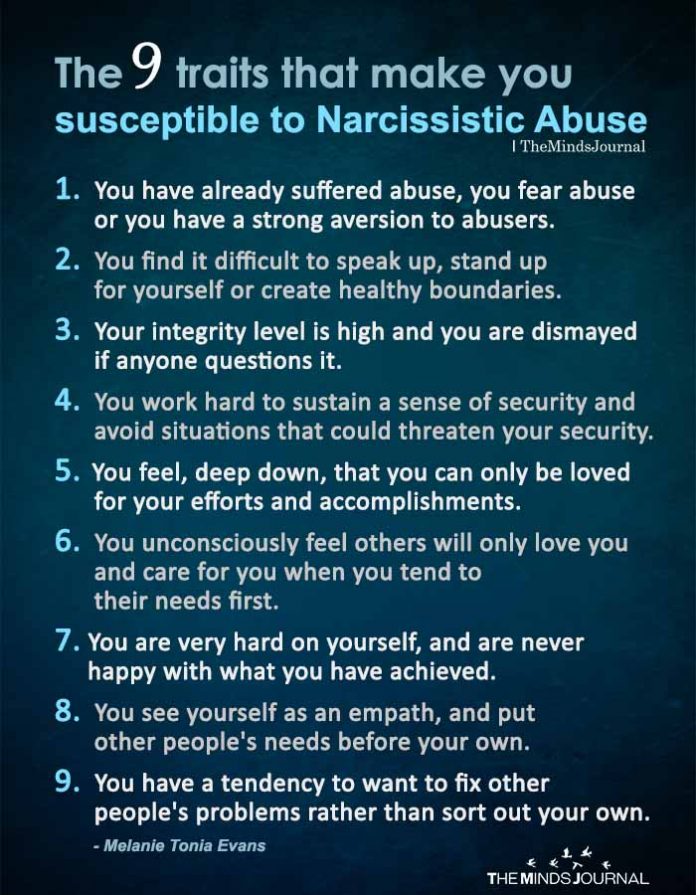
Related Abusive Relationships: From Disregard to Dominance
4 Warning Signs Of An Abusive Relationship
An abuser can often use a number of strategies like love-bombing and loving words and actions to manipulate their victims and convince them to stay in the relationship longer than they should.
As the victim becomes more attached and clingy to their partner, the abuser becomes even more abusive. And perhaps this is why you need to identify abuse and understand what you are doing wrong to protect your mental and emotional health.
Here are few of the abusive relationship signs that you need to be aware of:
1. Your partner trying to change you
When you go into the relationship with the intention and objective to change your partner, then it can quickly turn abusive. This allows your partner to stick to their abusive behavior and not put any effort into healing the relationship. Why?
Because you are already putting the effort to maintain the relationship. And as a result, you give him innumerable chances by forgiving his mistakes every single time. If you keep ignoring the signs of an abusive relationship, then your partner will keep being their abusive self.
2. You being your partner’s puppet
Do you have any freedom in this relationship? Do you feel your partner is not giving you enough space to nurture your individuality? Is your partner making all the decisions for you? If your partner is always controlling and dominating you, then it’s abuse.
Being in a relationship doesn’t mean you sacrifice your individuality, freedom, and self-esteem to become dependent on your partner.
Related: 20 Subtle Signs of Emotional Abuse
3. Confusing possessiveness with insecurity
All of us are more or less possessive in relationships. It comes naturally with love and attachment. But when you start doubting the relationship based on their actions and behavior, then you need to think about it.
Just like possessiveness, trust and respect are also inherent parts of love and relationships. There is no space for insecurities and fear in a relationship where partners understand and care for each other.
4. Blaming yourself for their actions
People who exert control, abuse, and manipulate others tend to avoid questioning themselves and their actions. They often shift the blame to others and seldom consider if they are the source of the problem.
It’s important to recognize when your partner is trying to convince you that everything wrong in the relationship is solely your fault. Blaming oneself for every issue can be a sign of an abusive relationship.
Rather than relying on your partner’s manipulative words, listen to your intuition or gut feeling to guide you. Trust your instincts and seek help if needed.
Related: Verbal Abuse Disguised As Jokes
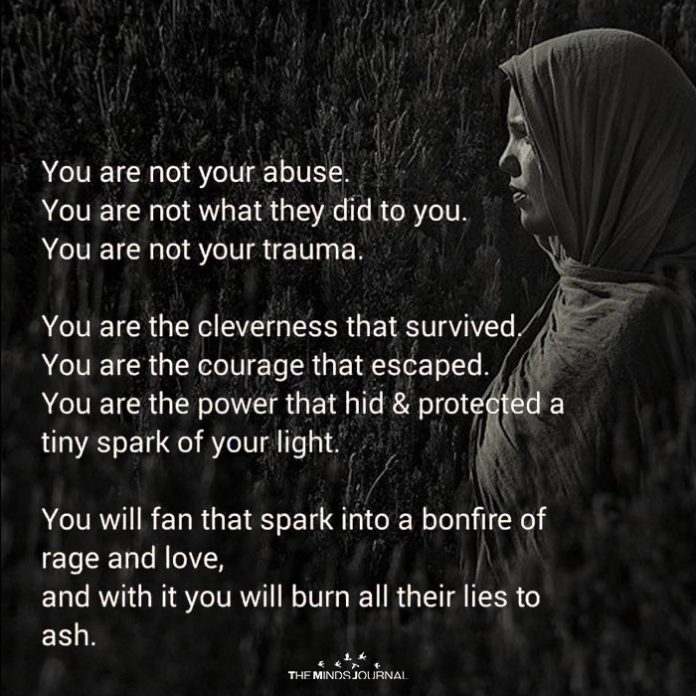
Find your own truth when dating an abusive narcissist
It’s important to evaluate how you feel in your romantic relationship instead of allowing your partner to coerce you into staying. Every relationship has its ups and downs, and experiencing a rough patch doesn’t necessarily mean that your relationship is abusive.
However, if you’re consistently experiencing abuse and conflict, it’s vital to pay attention to these patterns. It’s crucial to discover your own truth in these situations.
You can judge someone’s true character by their actions, rather than their words. It’s essential to keep in mind that a person’s words and actions are distinct from one another.
Observe people closely without making excuses for them, as what you see is often what you get.
Read Complex-PTSD: Recovery In Psychotherapy For Survivors Of Narcissistic Abuse
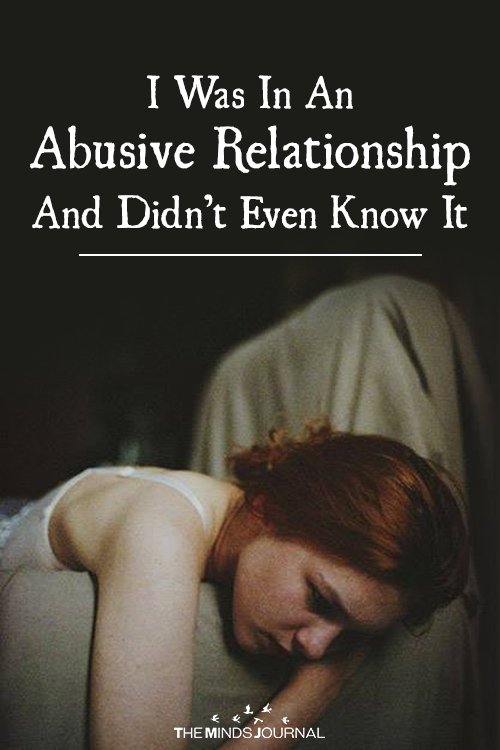
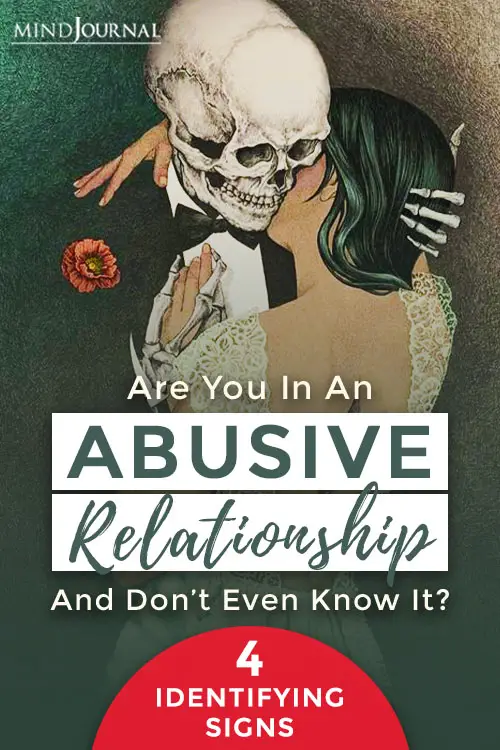
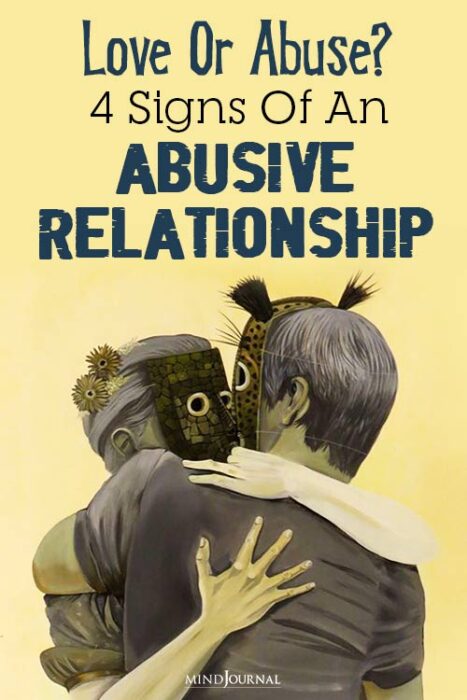
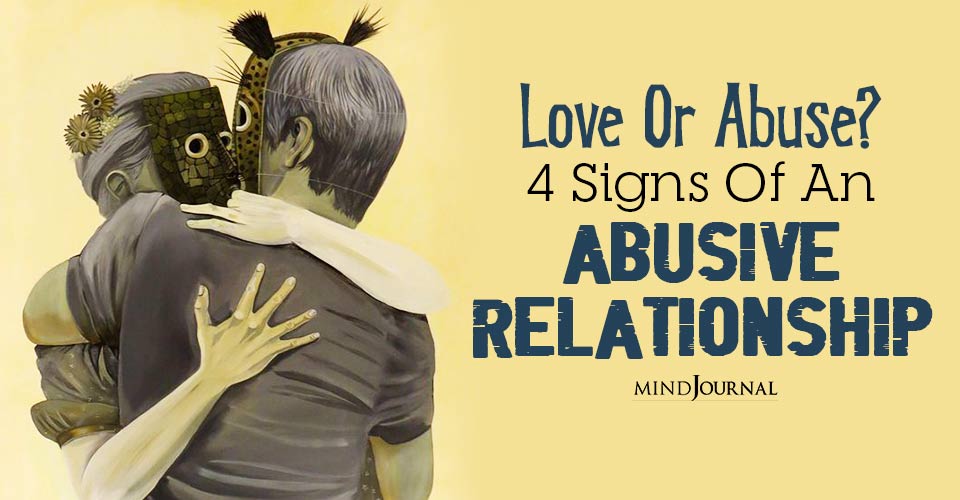







Leave a Reply
You must be logged in to post a comment.